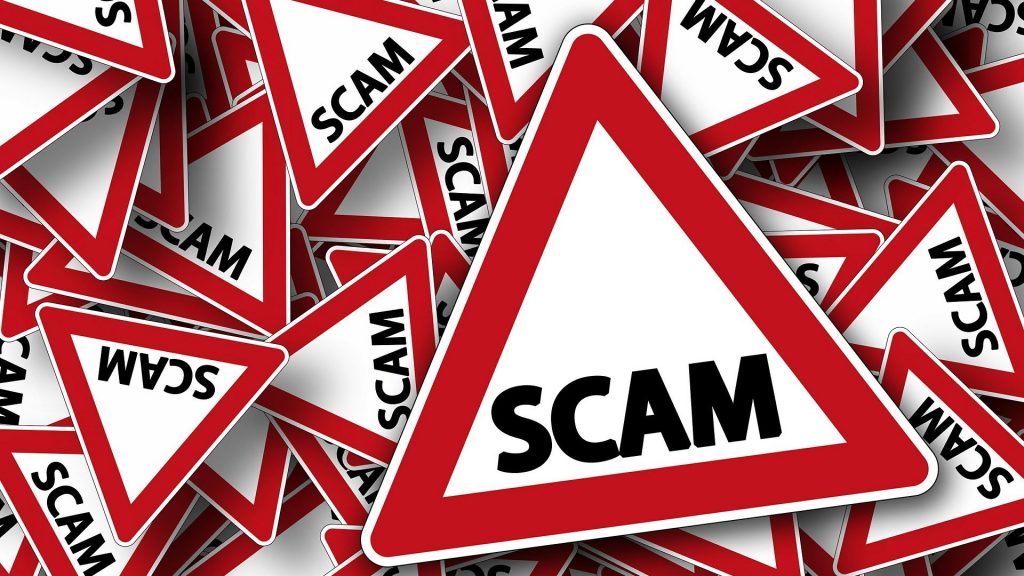“Hi,I’m Attorney Dave [REDACTED] ,I contact you for the funds of your deceased relative.For more info contact me on: [REDACTED]@gmail.co.za,” read the email we received this morning.
The above is the type of scam you might be used to seeing. The grammar is awful, the email address is a clear indicator this is a scam and the email it was sent from (not included) was a public Gmail account.
Scams like the above are old hat though and cybercriminals have become smarter and scams like these are becoming a lot rarer.
Unfortunately, and terrifyingly however, email scams aren’t disappearing, they’re just being refined.
“Scammers are continually finding new ways to gain access to personal banking information and use it to defraud unsuspecting customers,” explains chief information officer at Old Mutual Finance, Vijay Naidoo.
Thanks to this constant evolution of cybercrime, Naidoo says that banks need to continually upgrade systems but customers have a responsibility to remain informed and alert.
“The more informed you are about the possible risks of digital banking; you are more likely to reduce the possibility of your personal information being compromised. Consumers should constantly be on the lookout for ‘phishing’ and ‘vishing’ – the most common electronic methods scammers use to obtain the information they need to empty accounts,” adds Naidoo.
Vishing is where a scammer will call you in a bid to get you to hand over sensitive information.
As regards this type of scam, Naidoo’s advice is to end the call immediately.
“The safest thing to do is to end the call immediately and phone the customer service line to find out if it was a genuine request,” the CIO says.
Importantly, don’t call that same number back, you may just find yourself talking to another scammer.
While we understand that customers are contacted by businesses often, we recommend treating any request for personal information with hesitancy especially if you haven’t initiated the call.
As for email scams, there are still a few things you should be looking out for in this regard according to Naidoo.
- It may contain a financial institution’s logo, but its email address ends in ‘@gmail.com’ or another domain that offers easy access to register addresses. A credible financial service provider would never use an address like this. It will always use its own registered domain name.
- Look out for emails in your inbox that invite you to click on a link to update information
- Be wary of emails that use scare tactics or urge you to respond quickly to avoid an account being closed, hacked or frozen
Be sure to exercise caution when it comes to your email and where possible visit a service provider’s website directly rather than clicking links in an email you weren’t expecting.
[Image – CC 0 Pixabay]

